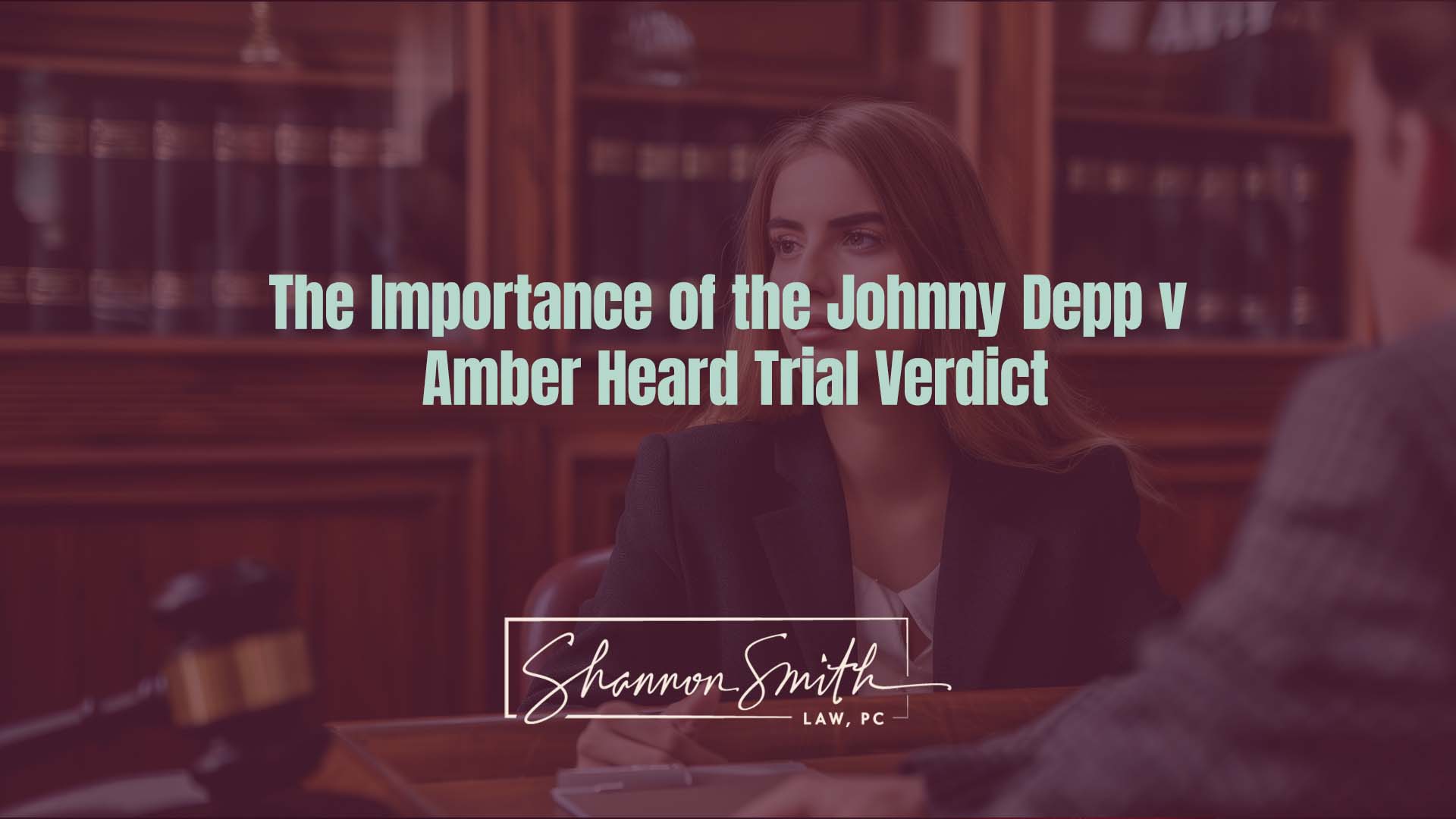Recently, Michigan’s Committee on Model Jury Instructions amended the existing first-degree criminal sexual jury instruction and added a new jury instruction to be used in certain cases where the defendant is charged with first-degree criminal sexual conduct. These changes apply to cases where the defendant is charged under MCL 750.520b(2)(b). This section of the statute applies to allegations involving a person less than 13 years old, and requires a mandatory minimum sentence of 25 years in prison for a person who is over 17 years old and is convicted under MCL 750.520b(2)(b). These changes were effective as of April 2015 and were a result of the U.S. Supreme Court case of Alleyne v. United States, 570 U.S. 1; 133 S. Ct. 2151; 186 L. Ed. 2d 314 (2013), which held that elements or facts that trigger a mandatory minimum sentence must be admitted by the defendant or submitted to a jury and proven beyond a reasonable doubt.
In Alleyne, the defendant was convicted of “using or carrying a firearm in relation to a crime of violence,” in the federal courts. Under the federal statute, mandatory minimum sentences were different based on whether the firearm was carried (5 year mandatory minimum), brandished (7 year mandatory minimum), or discharged (10 year mandatory minimum). The jury instruction and verdict form the jury used stated that the firearm was used or carried in relation to the crime, but upon receiving his pre-sentencing report, Alleyne faced a 7-year mandatory minimum for brandishing a firearm. Alleyne objected, stating that the issue of brandishing a firearm was not decided by the jury and absent from his verdict form, so it was not proved beyond a reasonable doubt that he brandished a firearm during the commission of a crime. Both the district court and court of appeals both used the Supreme Court’s decision of Harris v. United States, 536 U.S. 545; 122 S. Ct. 2406; 153 L. Ed. 2d 524 (2002), to overrule Alleyne’s objection. The Court in Harris found that fact finding by a judge that increases a mandatory sentence is permissible under the Sixth Amendment.
The U.S. Supreme Court responded by overruling Harris and relied on Apprendi v. New Jersey, 530 U.S. 466; 120 S. Ct. 2348; 147 L. Ed. 2d 435 (2000), in its opinion overturning Alleyne’s sentence for brandishing a firearm because it was not proven beyond a reasonable doubt by the jury, and was instead an act of fact finding by the judge. Apprendi determined that “‘facts that increase the prescribed range of penalties to which a criminal defendant is exposed’ are elements of the crime and thus the Sixth Amendment provides defendants with the right to have a jury find those facts beyond a reasonable doubt.” 530 U.S. at 484.
So, what does the ruling in Alleyne mean for sentencing under Michigan’s first-degree criminal sexual conduct statute, MCL 750.520b? Specifically, when a defendant faces a sentence under MCL 750.520b(2)(b), which sets the mandatory minimum prison sentence at 25 years for a violation committed by a person 17 years or older against a minor who is less than 13 years of age, the jury instructions now reflect that the prosecution has the burden of showing the specific finding of the age of the victim and the defendant beyond a reasonable doubt.
The new instruction adopted by Michigan for first-degree criminal sexual conduct, M. Crim. J.I. 20.30b, reads:
(1) If you find that the defendant is guilty of first-degree criminal sexual conduct, then you must decide whether the prosecutor has proved each of the following elements beyond a reasonable doubt:
(2) First, that the complainant was less than thirteen years old when the offense occurred, and,
(3) Second, that the defendant was seventeen years of age or older when the offense occurred.
The amended first-degree criminal sexual conduct, M. Crim. J.I. 20.1, now references this new instruction. Michigan’s Model Criminal Jury Instructions can be found here: http://courts.mi.gov/courts/michigansupremecourt/criminal-jury-instructions/documents/mcrimji.pdf.
Having an attorney with the proper understanding to address appropriate sentences and knowing when to object to errors regarding sentencing, is imperative for any defendant in any type of criminal matter, but especially for cases involving criminal sexual conduct allegations, since the sentences imposed can be long. Smith Blythe, PC is dedicated to providing a zealous defense for every client it takes on through the sentencing phase, if a conviction should occur. Our office also handles appeals, including sentencing appeals, for those convicted of criminal sexual conduct. If you or a loved one is facing charges of criminal sexual conduct – also referred to as CSC, such as first-degree criminal sexual conduct with a minor under the age of 13, contact our office to set up a consultation.




